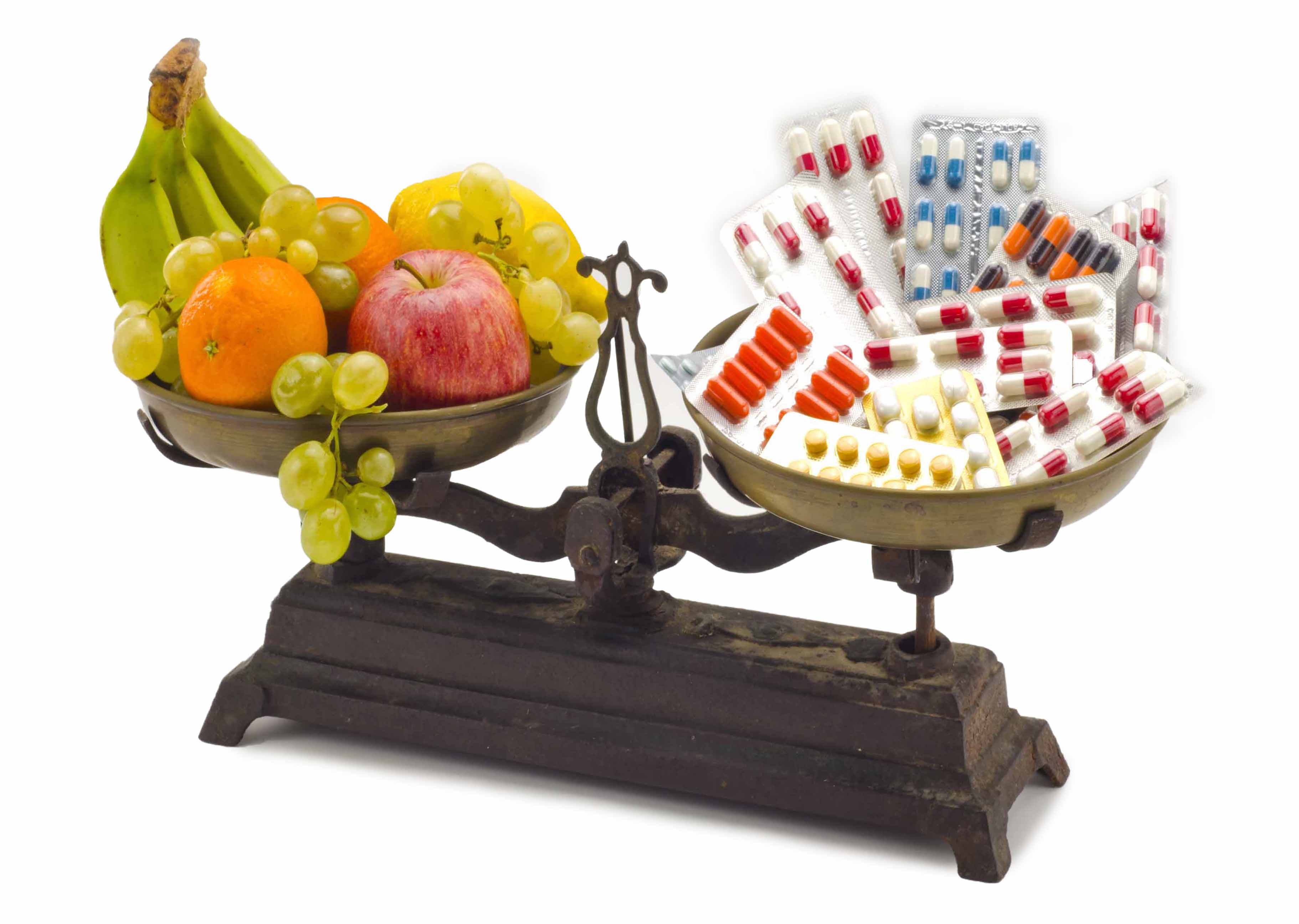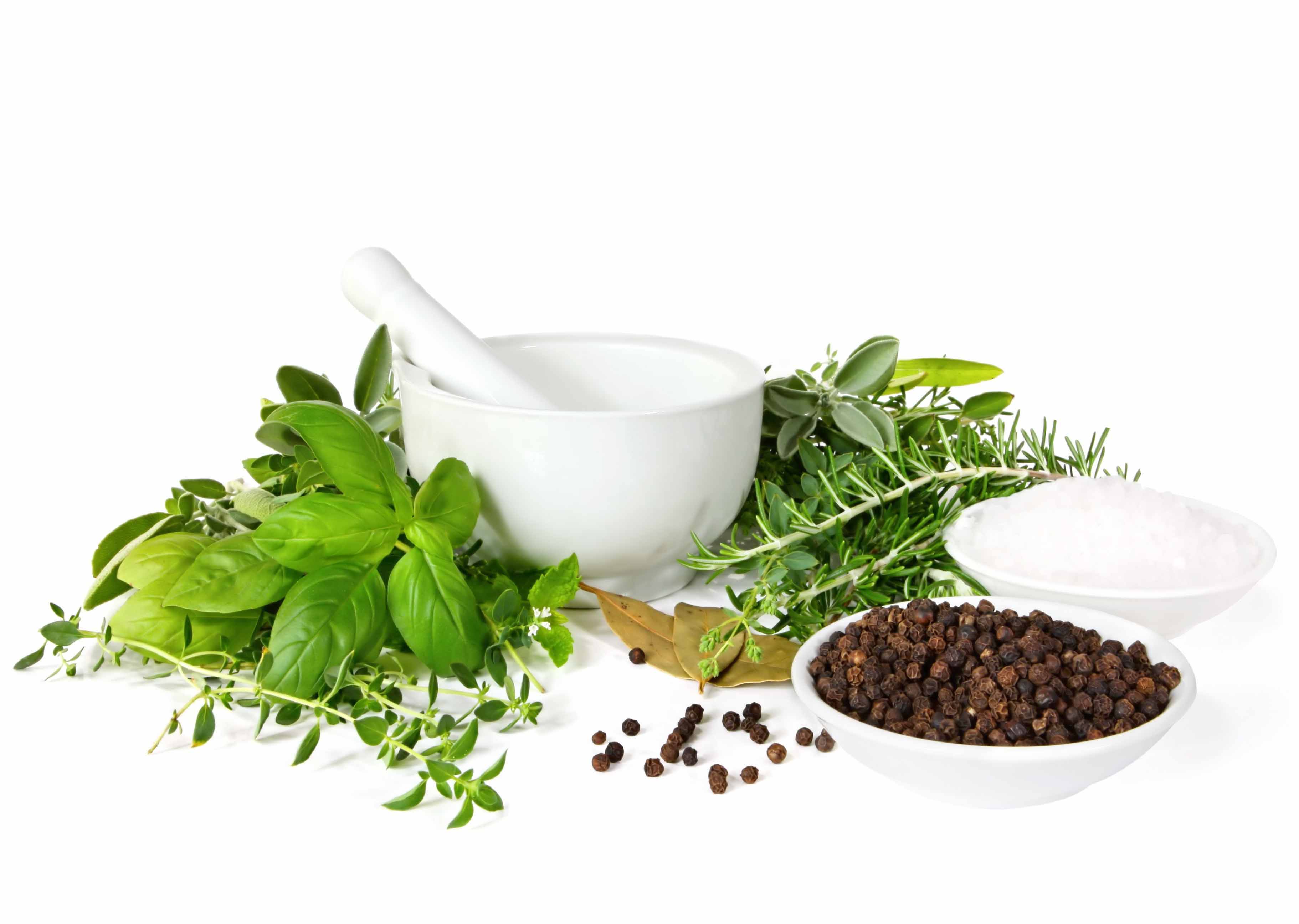12 Apr 2018
Dietary Supplements: A Tale of Disappointment

In recent years, the belief that vitamins and supplements are not worth our money has intensified, as there is little scientific evidence to support the claims on their labels. They can be unsafe, interact with other medication, or contain chemical contaminants. Public health organizations and non-governmental bodies alike have long attempted to battle against the lack of regulation in the sale of these products.
Unlike over-the-counter drugs, dietary or herbal supplements do not undergo rigorous testing or require warning labels for consumers. While some herbs and supplements have certainly been studied by experts and proven to be beneficial, many others have no value whatsoever, and some even pose serious health risks. Regulations generally require that supplements comply with basic manufacturing standards but this does not guarantee that they will be safe or efficient.
At the same time, the growing trends toward healthier lifestyles, disease prevention, and lower medical costs have led to unprecedented demand in the multi-million supplement industry. We are constantly in a rush and have little time to consume the nutrients we need; meanwhile, natural health stores and pharmacies are popping up left and right, promising a longer, better, life in a jar--no doctor appointment required.
A Growing Market
Multivitamin/mineral (MVM) supplements have been on the market since the 1940s, when the first products of their kind became available. It is estimated that more than one third of all Americans take them. Lured by the life-altering promises on the labels, consumers would rather ignore the fact that the majority of these dietary and herbal supplements have been tested by scientists and have not been found to provide health benefits. And the studies that do support efficacy tend to be poorly executed.
As an example, many important studies of the popular herb Echinacea did not find firm evidence that the supplement can alleviate or prevent common colds. Any hot tea, not just one containing Echinacea, can ease the symptoms of a flu or a cold. Even so, people in the United States spent nearly three billion dollars on vitamins, herbal remedies, and other supplements to help battle influenza and colds in 2016.


According to a study published last year, the global market for supplements was valued at $133 billion dollars in 2016 and will reach $220.3 billion in 2022, growing at a compound annual growth rate of 8.8% between 2017 and 2022. In Latin America, the growth of the urban population, retail modernization, and a projected increase in the income of the middle class will push the supplement market forward in the coming years, according to the same study.
6 Popular Supplements: The Scientific Verdict
Supplements include vitamins, minerals, herbs and botanical drugs, amino acids, enzymes, and many other products. They come in traditional pill form or capsules, powders, drinks, and energy bars. “Among the most popular supplements are vitamins D and E, minerals like calcium and iron, herbs such as Echinacea and garlic, and specialty supplements such as glucosamine, probiotics, and fish oils,” explains the National Institute of Health’s Office of Dietary Supplements (ODS).
We selected six dietary supplements and put their claims to the test based on the latest studies about their efficiency:
- Fish Oil For Your Heart: Fish oil supplements do not prevent cardiovascular disease or heart attacks, even with people who are at high risk for these conditions. The news, which came out two months ago, was a great disappointment for fans of the sleek-looking, hard to swallow capsules filled with sparkling yellow oil.
The conclusion was reached following an extensive analysis published in the cardiology journal JAMA, which did not find any convincing evidence supporting the use of the supplements to improve heart health.

The study was based on data from nearly 78,000 people worldwide. “Carefully done trials provide no support for the hypothesis that fish oil supplements help,” commented Dr. Robert Clarke, a professor of epidemiology at the University of Oxford who led the study.
Fish oil supplements were found to reduce the risk of mortality by 7% in these patients and lower their risk of a non fatal heart attack by 3%, numbers that are not considered high enough to be significant, according to the study.
A 2015 poll conducted by Consumer Report’s Center for Investigative Reporting discovered that more than 20% of Americans take fish oil supplements. The entity recommends eating fish instead.
- Glucosamine and Chondroitin: Some people take supplements such as glucosamine and chondroitin (often combined) or fish oil for joint pain. Until now, studies have shown glucosamine and chondroitin to be no more effective than a placebo. Some research suggests that high doses of fish oil can be helpful in alleviating joint pain from rheumatoid arthritis, an autoimmune disease. But its effects on osteoarthritis are not yet clear, affirms Consumer Reports.
- Vitamin D and Calcium: Women who are premenopausal or nearing menopause have long believed in the magic of calcium and vitamin D to prevent osteoporosis. Unfortunately, the most recent studies show that they don’t reduce the risk of bone fracture in people above 50 years of age. Taking calcium pills daily could increase bone density in people above this age by 1-2%, not enough to prevent fractures, according to a study conducted by the TianJin First Center Hospital (China) and published in the journal JAMA. These new findings confirm previous research, such as a review of 59 randomized controlled trials published in 2015 in the British Medical Journal.


- Vitamin C for a Cold: People who consume at least 200mg of this vitamin could experience a few less sick days when they get a cold compared to those who don’t take the supplement, according to a review of 29 trials conducted in 2013. But consuming large doses of the vitamin once cold symptoms have appeared does not seem to provide any benefits. In fact, the pills can encourage the formation of kidney stones, and high doses can lead to nausea and diarrhea. They can also interact with cancer drugs, anticoagulants, and estrogen. Including vitamin C-rich foods in your diet, such as citric fruits and vegetables, is a much better option.
- Omega 3 and Ginkgo For Your Memory: In addition to fish oil and omega-3 amino acids, B vitamins such as folic acid, B6 and B12, and ginkgo biloba extract taken from the dried leaves of ginkgo trees are sold under the promise of improving and prolonging memory. But decades of research have not established their efficacy. Some preliminary studies show minor improvements in memory and other brain functions in patients with age-related memory loss, but other studies contradict these findings. In conclusion, as of now, there is insufficient evidence to either support or oppose the use of ginkgo to treat memory issues.
B vitamins have not fared any better according to Consumer Reports. A 2015 review of studies found that supplementation with B6, B12, and/or folic acid failed to slow or reduce the risk of cognitive decline in healthy older adults and did not improve brain function in those with cognitive decline or dementia. The experts also recommend avoiding branded “memory boosting” blends.

- St. John's Wort for Depression: St. John’s Wort can help with certain kinds of depression, functioning in a similar way to prescription antidepressants such as fluoxetine (Prozac and generics) and sertraline (Zoloft and generics), but the evidence is not conclusive. This means that while it has proven to be effective in some studies, it is not recommended to treat depression.
Certain studies have shown that taking this supplement could improve mood, according to a review by the American College of Physicians. But since the quality and potency of dietary supplements is unregulated, they do not recommend using the supplement as treatment.
Should You Take Supplements?
The answer is up to your doctor. In the meantime, our verdict is that dietary, herbal and multivitamin/mineral supplements can’t replace the variety of foods and nutrients that are the key to good health. A balanced diet that includes these foods won’t just ensure the right amount of vitamins and minerals for your body, but also provide fiber and other ingredients that can improve overall health.
Sources:
- National Center for Complementary and Integrative Medicine; NIH State-of-the-Science Panel, “National Institutes of Health state-of-the-science conference statement: multivitamin/mineral supplements and chronic disease prevention”; JAMA, “Associations of Omega-3 Fatty Acid Supplement Use With Cardiovascular Disease Risks”; Zion Market Research; Consumer Reports


